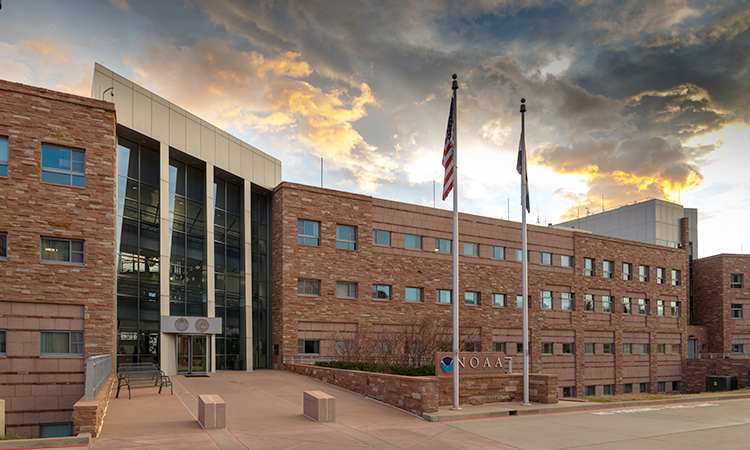A .gov website belongs to an official government organization in the United States.
A lock () or https:// means you've safely connected to the .gov website. Share sensitive information only on official, secure websites.

It is well established that human activities, in particular fossil fuel combustion, release greenhouse gases into the atmosphere, thereby warming the climate. These anthropogenic activities often simultaneously emit particulate matter. Particles can have an adverse effect on human health while simultaneously altering climate. Particles can directly affect climate when they scatter and absorb incoming solar and outgoing terrestrial radiation. This has led to the concept of a co-benefit where a reduction in certain particles can both lessen warming and improve health.
Particles are complex factors in that they can also indirectly affect climate when they provide the sites on which water can condense or freeze to form clouds. This seminar investigates the impact of coal fly ash particles. We have examined the physical and chemical properties of fly ash particles and the efficiency with which they form cloud droplets and ice crystals. Using data from aircraft campaigns we estimate the abundance of fly ash in the atmosphere and use this and laboratory results to constrain the sensitivity of the radiative forcing response in a global climate model. By examining the surfaces concentration of fly ash we suggest that an unrealized co-benefit of improved human health and cloud radiative forcing could be obtained from further mitigation of coal fly ash.
Dan Cziczo joined the Department of Earth, Atmospheric and Planetary Sciences at the Massachusetts Institute of Technology (MIT) as Professor of Atmospheric Chemistry in 2011. His research focuses on the role that particulate matter plays in atmospheric chemistry, visibility, and cloud formation. Prior to joining MIT, he completed a post doctoral fellowship with Dr. Daniel Murphy at NOAA ESRL CSD and spent three years at the Swiss Federal Institute of Technology (ETH).
ALL Seminar attendees agree not to cite, quote, copy, or distribute material presented without the explicit written consent of the seminar presenter. Any opinions expressed in this seminar are those of the speaker alone and do not necessarily reflect the opinions of NOAA or CSL.